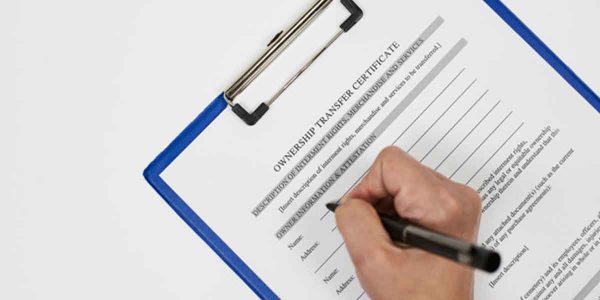Usually, the people who lose their loved one or the ones managing the emotional effect of losing a loved one do not focus on anything else. Nevertheless, if they are appointed as executors of the last will of the deceased, they will have to take up the responsibility of distributing the decedent’s estate. This entails going through a legal procedure called probate. Here, we will try an understanding when it is possible to avoid probate and the role of a probate attorney in NYC. If an estate qualifies, the executor might have the ability to forego the often costly and lengthy probate procedure.
The Basics of Probate as Known from a Probate Attorney in NYC
Probate can be defined as the legal procedure that serves varied functions after the death of a person. The process involves:
- Authenticating the last testament or will for the probate.
- Ensuring that the assets of the decedent are located, secured, and identified.
- Litigating challenges made on the part of the relatives to the last will of the deceased individual.
- Calculating and making payments of estate taxes and gifts owed by the deceased’s estate.
- Notifying the creditors about the estate and giving them the scope of filing claims against the decedent’s estate.
- Transferring assets to intended heirs or beneficiaries of the decedent’s estate.
If a certain estate needs to undergo the formal probate procedure, it generally costs every individual involved both money and time. Since the creditors have around seven months in hand for filing the claims against the estate in New York City, it generally takes eight to nine months to finish the probate procedure. But this is only for the more modest estates.
The probate procedure involving more valuable and complex estates might go up to one year. The beneficiaries do not just need to wait throughout this time before obtaining the intended inheritance but also need to take up huge monetary expenditures.
The monetary expenditures involved in the probate procedure can reduce the estate value passed on to the beneficiaries to a considerable amount.
How can a Probate Attorney in NYC help?
A probate attorney in NYC can help with a number of tasks related to the probate procedure. These tasks include:
- Writing the wills of a person as per the state laws in New York. The state laws rule over everything that needs to be included in the will or the estate plan documents. The probate lawyer carries out the task of regulating the documenting procedure of the will and the formalities required to implement the will. Therefore, it is always recommended to consider the services of a probate lawyer.
- A probate attorney in NYC also evaluates the estate, which includes the properties and the assets of an individual. These lawyers can be of good help in the estate planning procedure.
- They even help with the payment of estate expenses, bills, and debts. This is one of the most important responsibilities of a probate attorney considering that all the assets need to be accounted for. The monetary standing of the estate also needs to be established. The bills, debts, and taxes should be paid off from the assets and that before distributing the same amongst the beneficiaries.
- Probate lawyers also help in preparing all the other estate planning documentation like power of attorney. Medical directives and living trust.
- They even provide their assistance in distributing estate assets amongst the beneficiaries.
- The services of a probate lawyer are necessary for preventing the chances of intestate estates or invalid will.
Steps to Avoid the Probate Procedure in NYC
Avoiding the expenses in a probate procedure in NYC and even the long delays of the process is quite simple. Some tips that can help you out are as follows:
- Coming up with a living trust. This is one of the most straightforward and simplest ways of bypassing the probate procedure. Living trusts help in transferring asset ownership from the original owner to the trust. It is under the management of a trustee. This directly benefits the beneficiaries.
- Adding a payable-on-death heir or beneficiary. This you can add to any or almost all the financial accounts. It includes but not restricted to 401k plans, life insurance coverages, stocks, pension plans, IRA accounts, and bonds.
- Holding owned properties jointly with a spouse or any significant individual. Going for joint ownership helps in passing the property to the significant other automatically without having to go through the complicated probate procedure.
Final Words
Individuals looking to avoid the probate procedure generally choose to come up with a trust for holding and eventually distributing a major part of the assets of their estate.







